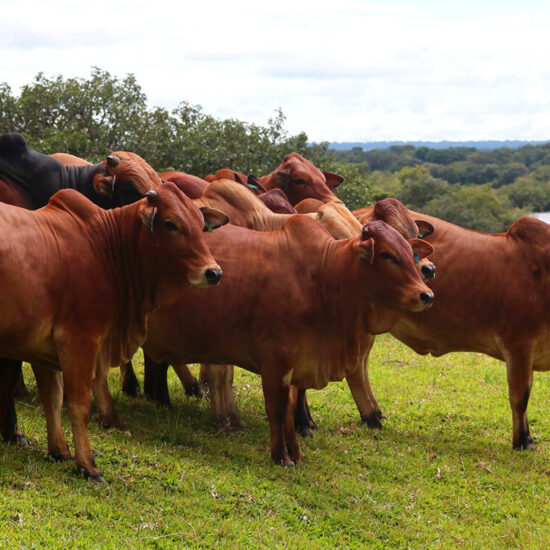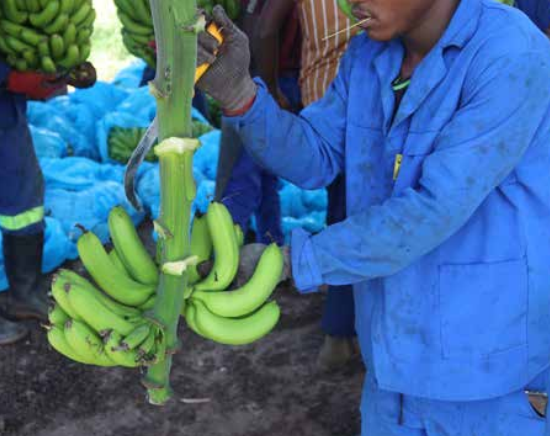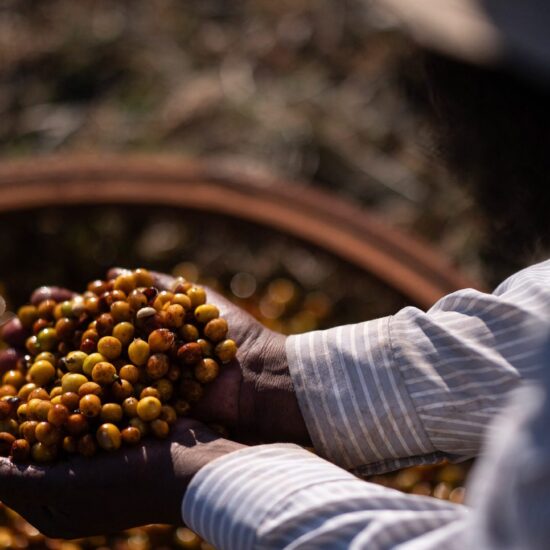
The price of cooking and other edible oils currently being imported under the suspended customs & excise duties as well as suspended or zero rating of value added tax – VAT temporal regime is projected to jump up by about 41% when the two taxes become applicable on 1st January 2022.
A check on the current retail prices reveals that the current market prices are based on imports and distribution of edible oils that are enjoying the temporarily suspended import duty on edible oils which is at 25% of the value of imported edible oils.
The current cooking oil market prices are also less another suspended Value Added Tax (VAT) of 16%, which therefore means that if the two Statutory Instrument (SI’s) that have been extended to 31st December 2022 which exempts importers from paying import duty and VAT expires, importers would have to pay a total of about 41% (25% + 16%) in additional taxes which will have to be passed on to the final consumers.
According to a check done by the Zambian Business Times – ZBT, the two SI’s 83 and 85 of 2021 will both expire on 31 December 2021 and if not extended, cooking oil prices may increase and consumers would have to bear the increase in landed costs.
And the Crushers and Edible Oil Refiners Association (CEDORA) has disclosed that prices of cooking oil are likely to go up between 16% to 41% if the temporal suspension on import duty and VAT is not extended beyond 31 December 2021.
Speaking in an exclusive interview with the Zambian Business Times – ZBT, CEDORA Director Aubrey Chibumba however said prices of locally manufactured cooking oil are likely to go up by a lower margin of between 20% to 25%.
“If my cooking oil costs $100, am supposed to pay $25 dollars as import duty, so it will go up between 16% and 41%, if you are importing packed refined oil, then yes it would go up by that 41% but for locally manufactured oil, it would go up probably around 20%-25%”, he said.
Chibumba confirmed that there was an extension after the initial SI that temporarily suspended import duty and VAT on edible oils expired at end of October this year, 2021. See earlier ZBT article on Suspended Import duty effect on cooking oil prices.
Driving local manufacturing of edible cooking oil remains one of the viable ways to cut the prices of the commodity but both Soya and Sunflower production remains below national consumption demand. See ZBT article on Sunflower production in Zambia







